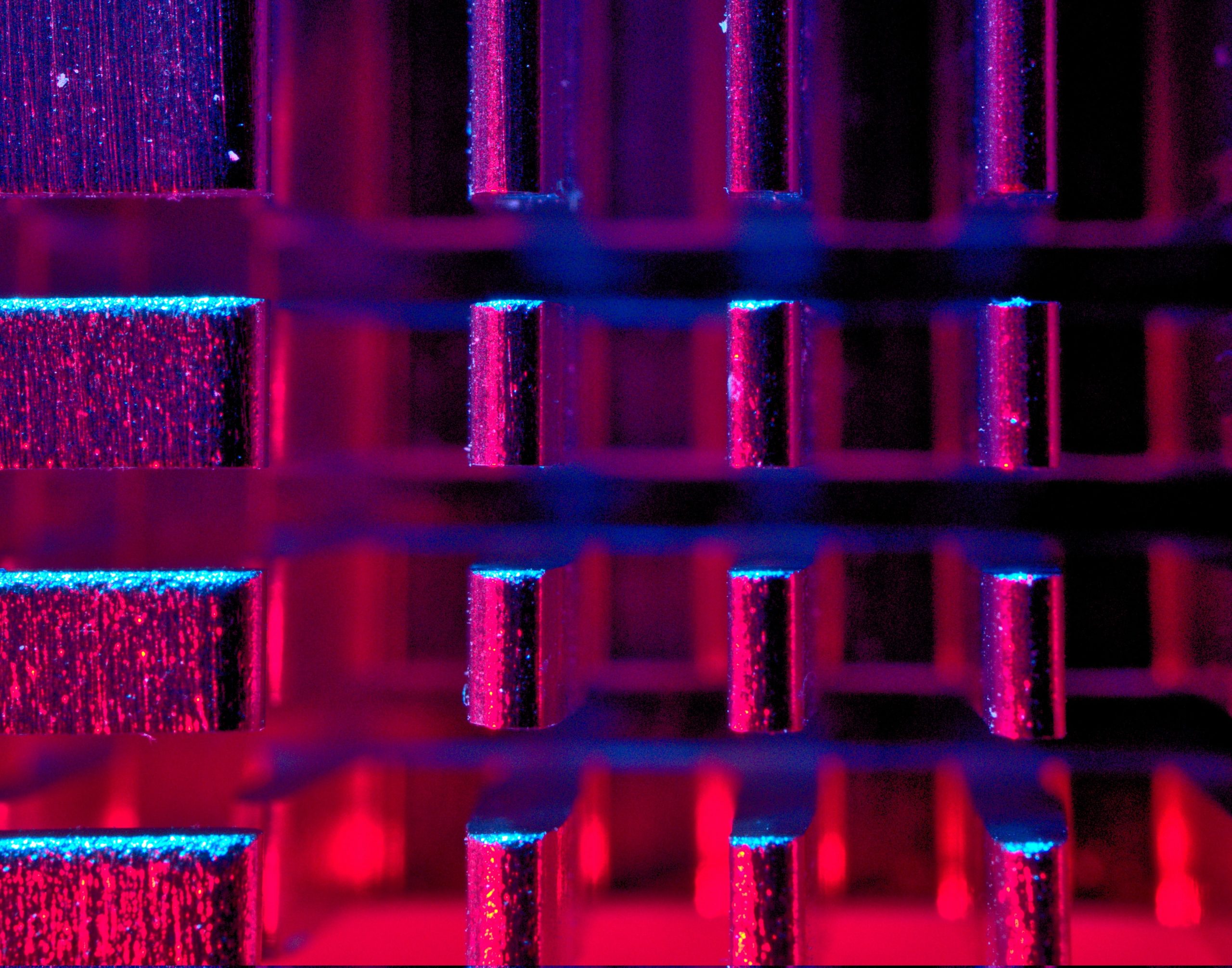You probably clicked on this blog because you’re either very excited or terrified at the idea of encountering a robot at your next visit to the doctor’s office. Let me first reassure – or disappoint you – we’re not talking about robots here. Instead, this blog post is about artificial intelligence (AI)-assisted cancer detection. While this may at first sound less cool than robots, it could actually save many lives by detecting cancer more accurately and earlier than doctors currently can.
The most common cancer today and the second deadliest one among women is breast cancer. A recent study by a team around Christian Leibig found that when AI and a radiologist – doctors who analyse breast cancer screening images – work together, they can identify breast cancer more accurately than radiologists by themselves.
So how does this system work? Firstly, let’s talk about AI. The kind of AI used here is based on a technology called computer vision, where AI learns to recognize patterns from a huge number of breast screening images. When it is shown a new image, it can thus identify if the patterns for cancer (or certain types thereof) are present. Moreover, the AI algorithm studied by Leibig and his team also tells you how confident it is in its findings. When working together with a radiologist, the images which the AI assistant is not sure about will then be looked at by the doctor. Only those which the AI assistant is very certain about are automatically forwarded to the next step in the hospital’s procedure. For example, the AI’s findings may be passed on to the ‘consensus conference’, where several doctors decide whether to give a cancer diagnosis.
Leibig and his team compared how well AI-assisted radiologists did when detecting cancer on over a million breast cancer screening images, to how well radiologists and AI each did on their own. The scientists found that the AI-assisted radiologists scored the highest, both at detecting when cancer was present, as well as when it wasn’t. This means that the AI-assisted radiologist is more likely to be correct in telling you that you have cancer, and also that it is more likely to be right when it tells you that you don’t, compared to radiologists working alone.
Hence, when AI and doctors work together in identifying cancer, this can lead to a more accurate cancer diagnosis. Also, in this collaboration, humans always retain the final say, making this a rather safe way of using AI. What’s more, being able to focus on fewer, difficult images enables the radiologist to play to their strengths and do less – but nevertheless valuable – work. A reduced workload not only improves their quality of life, but also enables them to make more accurate diagnoses, since they are not exhausted from having looked at mountains of similar screening images all day. All this is ultimately for the best of patient and may save many lives: If an AI-assisted radiologist can find a patient’s cancer that would have otherwise gone undetected, or if the cancer can be found earlier than otherwise, the patient has better chances of healing thanks to AI.
So hopefully, after reading this, those excited about meeting a robot at the doctor’s office will be slightly less disappointed, knowing that AI could soon help their doctor when analysing cancer screening images. And those worried about AI technology entering their lives will hopefully also feel better, knowing that this form of AI technology is controlled and assisted by humans, and that it could actually save your life one day.
Source:
Leibig, C. et al. (2022) ‘Combining the strengths of radiologists and AI for breast cancer screening: a retrospective analysis’, The Lancet Digital Health, 4(7), doi: 10.1016/S2589-7500(22)00070-X
Author:
Lene Bierstedt

Lene,
Your post is so intriguing – excellent work! This is the type of AI-enhanced future that I find most promising and exciting.
Best,
Edie